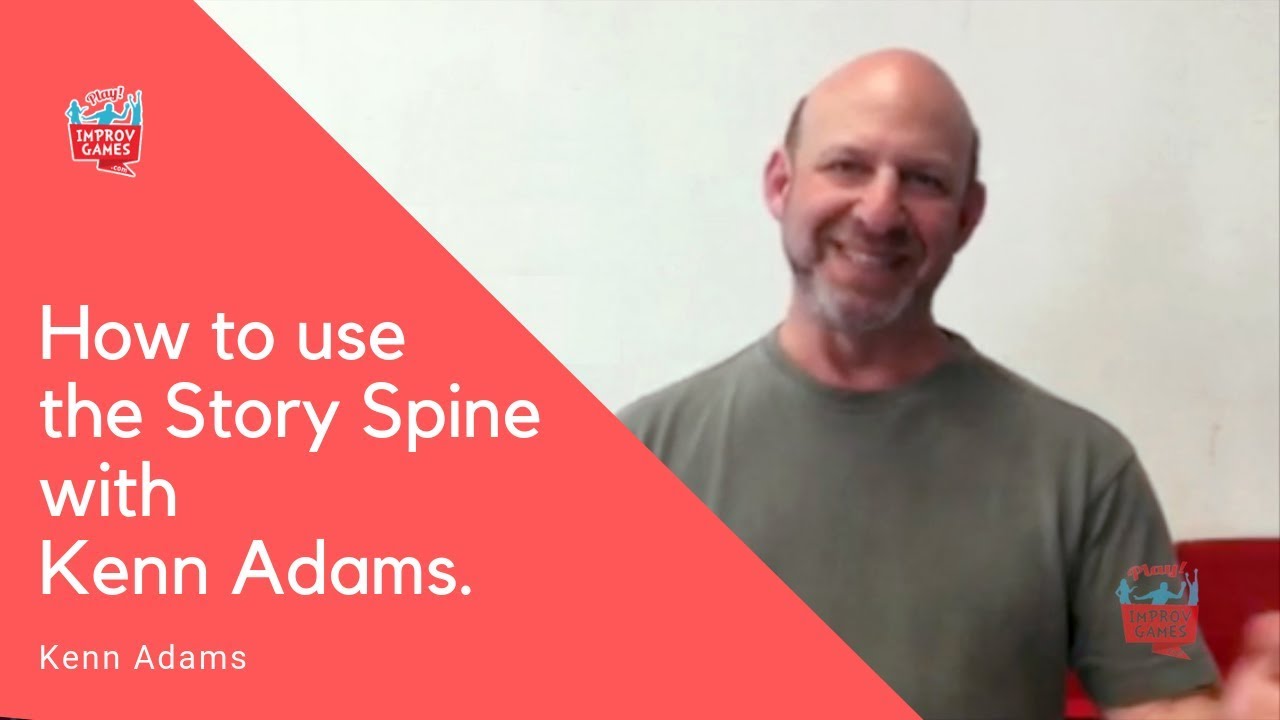
Stories change people, abstract ideas don’t
We all love good stories. They don’t just entertain us, they define how we see the world and, importantly, how we can change it. Now, as we face unprecedented global challenges, the right narratives can ignite profound social change, while the wrong ones can lead us astray. Dima Sayess, Ilona Sediha and Paul Dolan explore how policymakers can harness the power of storytelling to address today’s big issues.
What exactly makes a narrative? The social sciences offer varied perspectives, but one thing is clear: a narrative is more than just a story. It’s a story with a point, a tool that can simplify complex issues and galvanise people into action. Narratives tap into both our intellect and our emotions, making them potent forces in shaping how we think, feel and behave.
Shaping social norms through narratives
These narratives are not just abstract concepts. They are the bedrock of our social norms. Psychologists have long understood that our collective understanding of ideas like family, nationhood and sustainability is deeply influenced by the stories we tell ourselves and each other. Narratives define the behaviours expected from individuals and groups, and the ones that persist, those that prove to be “sticky”, have a lasting impact on societal norms.
A double-edged sword
The power of narratives is a double-edged sword, however. While constructive narratives can serve as blueprints for a better future, uniting people to address challenges like racial and gender inequality, fostering peace and driving innovation through inclusive collaboration, there is also a darker side. In our hyper-connected world, where social media amplifies every voice, narratives can just as easily entrench dominant views, reinforce harmful stereotypes, and sow division. The stakes for creating and curating helpful narratives have never been higher.
The tipping point to spark change
The challenge for policymakers is not just in crafting a compelling story, but in ensuring that it resonates widely enough to drive real change. Across the globe, governments spend billions on awareness campaigns aimed at nudging society towards healthier, more sustainable behaviours. Yet despite the investment, these efforts often fall flat, costing a lot, but delivering little. So, what’s missing? The key lies in understanding how to fully harness the power of narratives to create real, lasting change.
And this is where science meets storytelling. Research into social change has revealed that success often hinges on reaching “tipping points”, those magical thresholds after which a new social norm takes hold and spreads like wildfire, regardless of the issue. But reaching that tipping point is no small feat. In fact, many well-intentioned initiatives fizzle out before they ever get there.
Why 25 per cent is the magic number
Recent studies into these tipping points identify one recurrent number: 25 per cent. That’s the percentage of a population that needs to embrace a new norm for it to stick. Less than that, and the change is likely to evaporate. But once you cross that threshold, the momentum shifts in its favour. A clear, compelling narrative can be the deciding factor in reaching that 25 per cent.
A five-step roadmap for policymakers
For policymakers, then, it’s time to cut traditional education campaigns and shift gears. Governments should lean into narrative-based strategies, blending new tools and technologies like AI-powered social listening and personalised audience engagement with rich, qualitative insights into what drives people to embrace change.
Here’s a five-step roadmap to build narrative-based strategies that work:
- Start with social listening: Before you draft a new policy, tune into the public conversations already happening. Social listening can reveal the stories people are telling each other, uncovering the hidden narratives that could make or break your initiative.
- Create story-listening labs: Don’t just listen, engage. Bring people together to share their stories in a controlled setting. These personal narratives can help you refine your policies, making them more relevant and grounded in real-world experiences.
- Test with scenarios and simulations: Before you roll out your initiative, see how it might play out. Use experiments and simulations to predict how your policy could spread through the population, helping you reach that all-important 25 per cent tipping point.
- Empower early adopters: Find your champions, the people who already believe in your narrative, and turn them into advocates. Equip them with the tools they need to spread the word and keep them engaged with regular updates and support.
- Monitor and adapt: Don’t just set it and forget it. Keep a close eye on how your narrative is spreading. Are people talking about it on social media and elsewhere? Are they sharing it in their own words? Use this feedback to tweak your approach and keep the momentum going.
The enduring power of storytelling
The past decade of research has shown us just how powerful narratives can be in shaping the pace and direction of social progress. As policymakers grapple with increasingly complex challenges, it’s worth remembering that sometimes, the most effective solutions start with something as simple as telling, and listening to, a good story.
About the authors
 |
Dima Sayess is a Partner at Strategy& Middle East and lead of the firm’s Ideation Centre, a think tank and innovation lab. |
 |
Ilona Sediha is a narrative economics and behaviour change expert in the Ideation Centre at Strategy& Middle East. |
 |
Paul Dolan is Professor of Behavioural Science in the Department in Psychological and Behavioural Science at the London School of Economics and Political Science. |
Article source: Stories change people, abstract ideas don’t, CC BY-NC-ND 2.0. This article represents the views of the author(s), not the position of LSE Business Review or the London School of Economics and Political Science..
Header image source: NikolayF.com on Pixabay.





